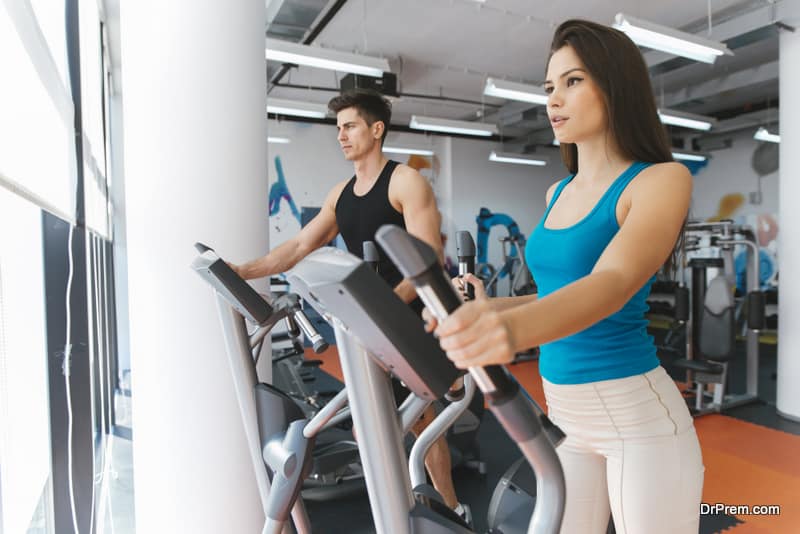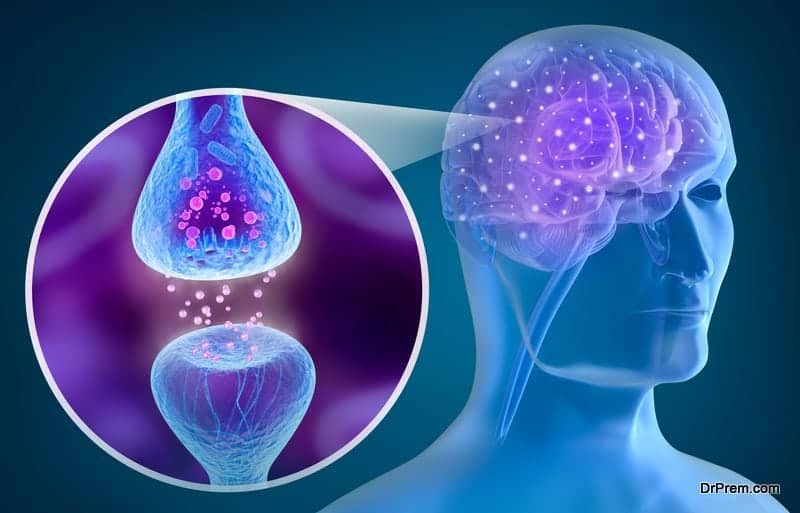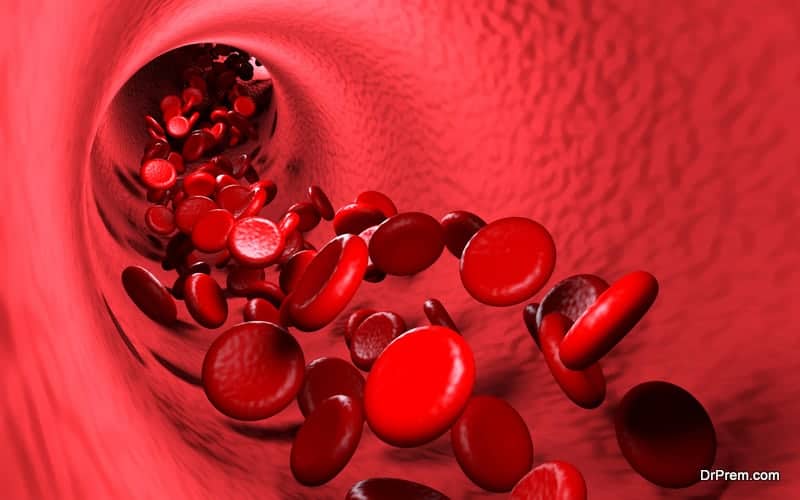Over the past decade, we have concrete corroborations founded on scientific studies revealing a startling relationship between physical exercise and mental capabilities. The potency of physical exercise is a power to reckon.
Neuro-imaging advancements help reveal its contribution towards ameliorating the health of human intellect over his life cycle. Loss of brain tissue is a natural senile decay but regular exercise can prevent or at least delay the process.
That physical exercise and cognitive performance follow a linear relationship are evident from many instances. People following a regular fitness regime have a better attention span at his immediate surroundings. Physically active people can process information in their brain faster than those spending an inactive life.
To improve memory and concentration it is recommended we do aerobic workouts. They improve cognitive plans to answer back efficiently with a conscious effort to face external tasks. The response normally yields a better outcome.
Read More: 7 – Brain foods that help you focus and concentrate
Studies reveal physical exercise and cognitive performance go hand in hand:
Experiments on animals indicate strongly that physical exercise has a beneficial impact and plasticity of the nervous system ending in the brain. Current laboratory research shows physical workouts have delible footprints on cognition.
It interferes with molecular episodes connected with efficient handling of energy assemblage and sympathetic plasticity. Isn’t the mechanism amazing the way exercise keeps us charged in one hand and doing tons of great things to our internal system on the other?
A very significant prime mover in this molecular mechanism prodded by physical workouts is the neurotrophic factor sourced from the brain itself. This functions as a common media for interaction between plasticity and metabolism.
Further studies give an insight that exercise band together with other facets of lifestyle to affect the molecular platform on which cognition is built. Here the physiological link between physical exercise and cognitive performance is established.
Physical exercise for brain development:
Here are some more research models to channel physical exercise and cognitive performance along a common unidirectional route. Neuro-imaging aided studies explore alterations in the neural web in prefrontal cortex and connected cognitive functions brought about by physical exercise. The difference between human and animal models in this respect is made narrower by investigations into the hippocampus region.
Older humans were taken as a sample for study and the volume of hippocampus assessed with respect to cognitive accomplishments as a consequence of aerobic fitness. The direct relationship between physical exercise and cognitive performance was again confirmed.
Scientists like Erickson had worked with disease-free older adults aged between 59 years and 81years. Their cardio-respiratory health was appraised through extreme and classified exercise based performance evaluation. The volume of their hippocampus was gauged with application of functional magnetic resonance imaging. Results indicated higher the aerobic fitness larger the bilateral hippocampal volume.
Aerobic exercise certainly improves memory and concentration as evident from another experiment. 120 older adults were selected at random and made to do aerobic exercises. Their hippocampal volume increased dramatically by 20%!
Role of mind in fitness, exercise and outdoor activities:
The relationship between physical exercise and cognitive performance is no better manifested in the power of mind to dictate your fitness and sports performance. Physical exercise for brain development is recommended globally but works the other way round too. Just as your cardiovascular system can decide your achievement in sports, a healthy mind can equally fill that requirement.
An interview of the eminent neuroscientist Dr. Bob Schafer by GetFit, a health organization delivers a clear indication how habits and mindfulness can improve your training in physical workouts. A critical question naturally comes to mind. To be intellectually successful which factor matters to inherit right genes or doing long hours of physical workouts?
Schafer, the head of research at Lumos labs and one of the remarkable brains behind the Luminosity brain training program, has handled more than 5 billion brain games played by 100 million people. Though all his efforts are set on the premises of the close link between physical exercise and cognitive performance, his observation is philosophical.
He held in a one-liner that the human brain is a highly enigmatic entity. Whatever efforts science made to unravel the mystery have just been successful in touching the very periphery of our comprehension of human mind.
Physical exercise and memory enhancement:
Physical exercise improves memory and our thought process both directly and indirectly. Exercise mitigates inflammation and triggers the release of chemicals in the brain. It facilitates development of red blood cells in the brain and sustains the growth of new brain cells.
Exercise lifts mood, induces quality sleep and mitigates stress. These factors enhance the cognitive potential establishing the linear relationship between physical exercise and cognitive performance. Moderate intensity exercises like swimming, playing tennis, dancing, stair climbing and squash can work miracles for improving your memory. Even household chores like mopping and gardening can be hugely beneficial.
Effects of exercise on cognitive function of children and young adults:
A 12-week session of jogging for half an hour 2- 3 times in a week has dramatically enhanced the performance of cognitive tests on a number of subjects for young adults. No sooner they stopped the routine of jogging, the performance level dropped sharply. This cause and effect relationship could be traced to a higher volume of blood flow to the brain triggered by jogging. More the flow of blood more vigorously active the brain cells turn!
Effects of exercise on cognitive function in older adults:
The positive relation between physical exercise and cognitive performance is apparently visible in senior citizens. Physical exercise either prevents dementia in older adults or postpones its onset. Exercise delays age-related erosion of mental faculties.
Reasons are here:
- Exercise keeps the cardiovascular system healthy.
- Controls blood sugar level.
- Helps the flow of oxygen-rich blood to the brain.
- Enhances self-confidence and reduces anxiety.
Read More: 7 – Ways to boost your memory
Exercise makes you brighter:
Neuro experts acknowledge the fact aerobic exercises promote neurogenesis as it helps facilitate the release of brain-derived neurotropic factor (BDNF). This is immensely beneficial for brain health.
More recently scientists have located another exercise activated hormone called Irisin. This hormone is associated with improved cognitive function. Whether it is triggering increased blood flow to the brain or stimulating release of brain boosting hormones, physical exercise does help improve our cognitive performance.
Read More: Food that boost your brain’s cognitive abilities
Negative effects:
Strenuous exercise has its share of demerits too. Over-exercising say more than 8 hours a week could lead to poor mental health manifested by depression and anxiety. Too much exercise will lead to far too vigorous pumping of blood around your lymphatic circuit.
Heart muscles might not be able to cope with excess stress. Other negative effects of exercise are outburst of fury and confusion which all arise from a mind turned restless by too much of physical workout.
In this world full of stress, there is a constant battle for improving cognitive performance. Physical exercises can be the right answer to this.












